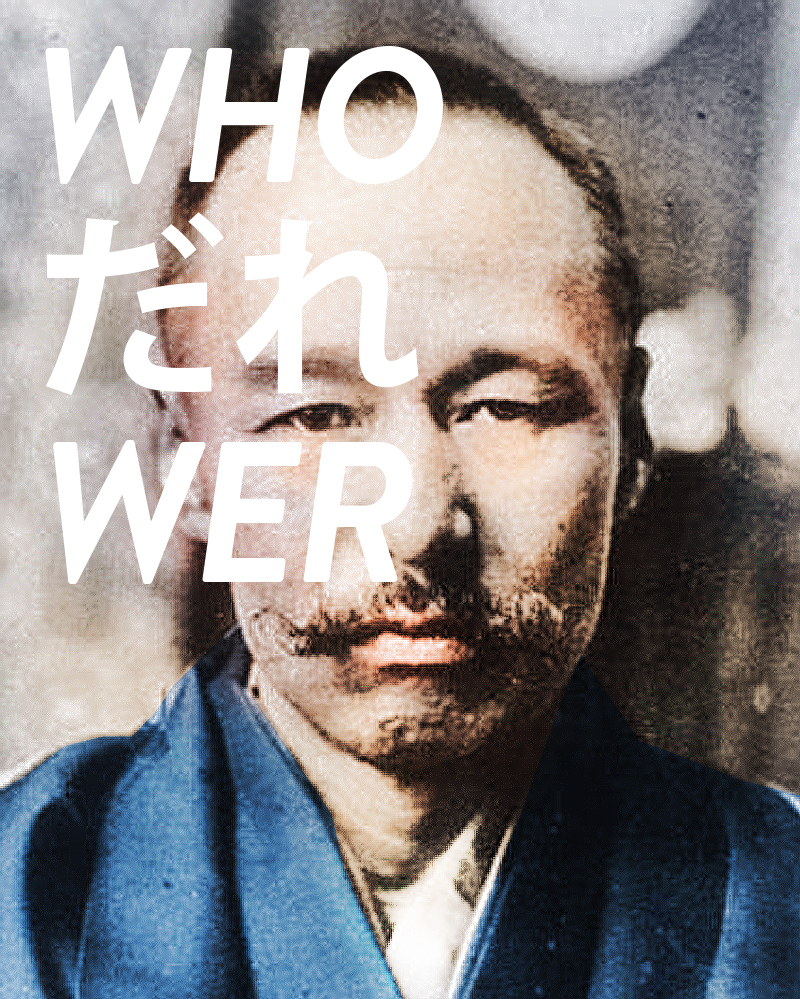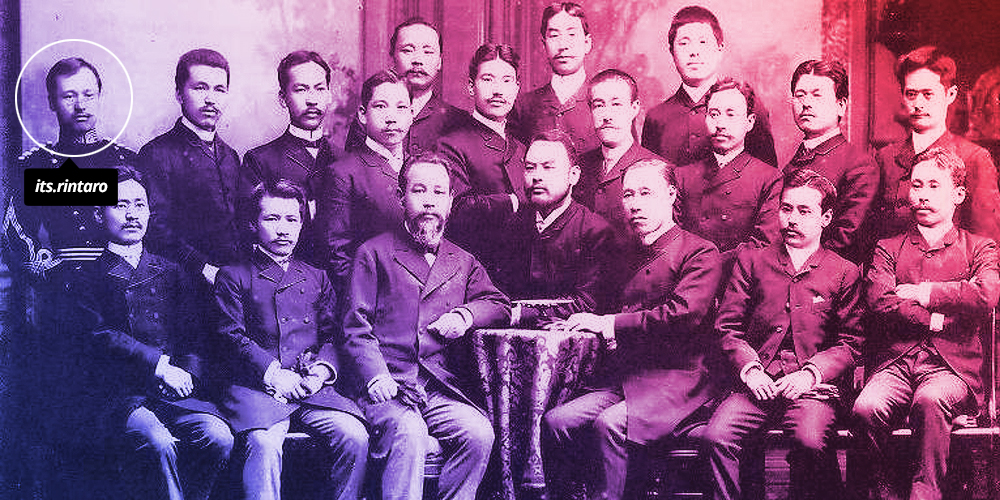
Ogai with fellow students in Berlin
A countryside boy with big dreams.
Mori Ōgai Lieutenant-General Mori Rintarō (森 林太郎, February 17, 1862 – July 8, 1922), known by his pen name Mori Ōgai (森 鴎外), was a Japanese Army Surgeon general officer, translator, novelist, poet and father of famed author Mari Mori. He obtained his medical license at a very young age and introduced translated German literary works to the Japanese public. Mori Ōgai was also considered the first to successfully express the art of western poetry in Japanese. He wrote many works and created many writing styles.
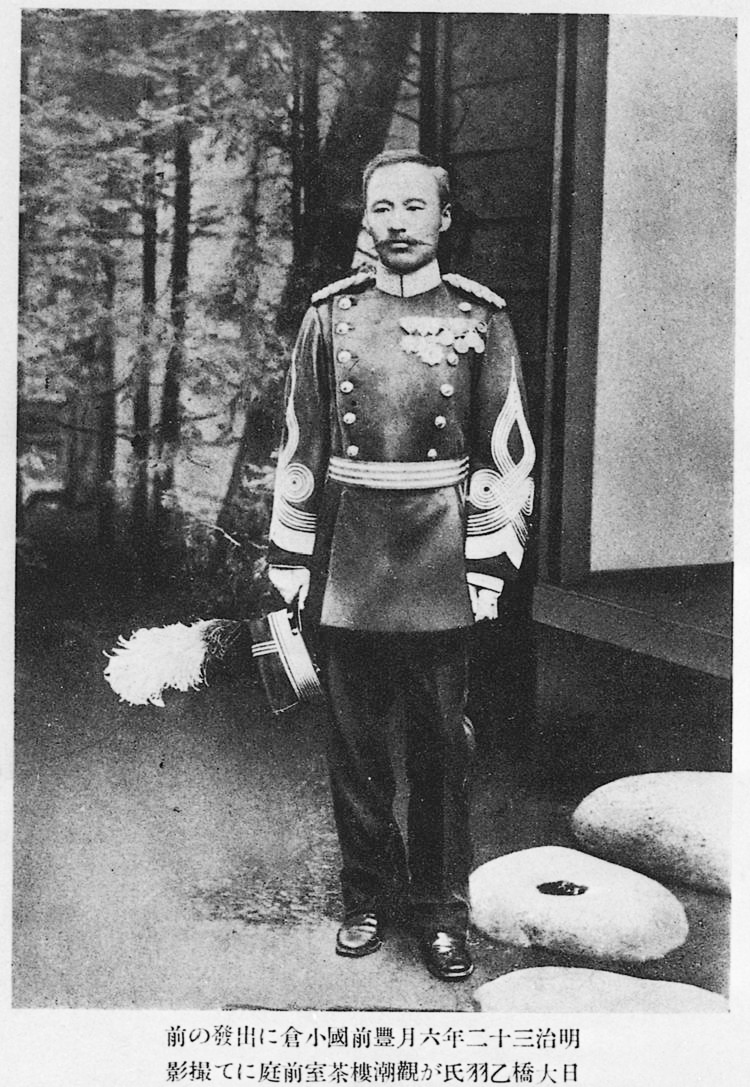
In Japan family comes first.
As Rintarô 林太郎 is his surname, “Mori” 森 stands for his lastname. In Japan however, the family name always comes first. Because the family has the highest priority.
Considering that rule, Rintaro Mori becomes Mori Rintarô – like for example the famous author Haruki Murakami.
In Japan, Murakami Haruki would be the correct spelling.
As you can see his surname Rintarô 林太郎 consists of two tree Kanjis, (木) while Rin 林, stands for “small wood“ or “grove“; Tarô though stands for “firstborn”. The Kanji Mori 森 means forest, and includes three trees.
Pretty simple though, isn’t it?
”Certainly I am, who now is returning to the east,
Mori Ôgai, 1890
not the same person anymore who arrived
in the west over the ocean years ago.
the sea traveled west
Literary whizz-kid with 100 names.
Ôgai 鷗外 is the most well known of his 100 pseudonyms. Also “Goboku” (five trees), is among these alter egos and the namesake of this blog.
Under this name he has an eternal place as an author and translator in the literary history of his country. As in Japan. But despite of the complexity of the person we keep it simple, and will him Ôgaifrom now on. Like we in Germany call poets like Goethe or Schiller “Dichterfürsten”, Ôgai i however is called 文豪 bungô – a poet laureate.
Nothing really related to straydogs though.
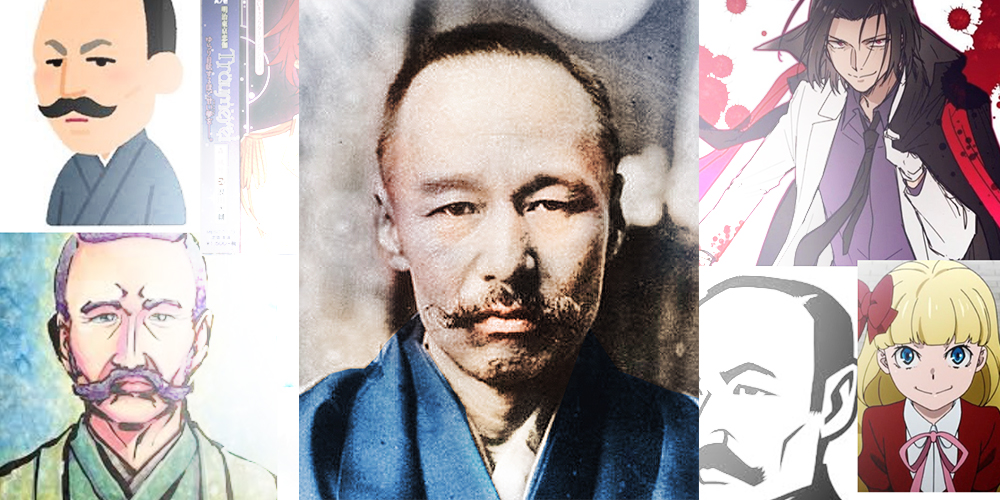
Many modern mediums still use the name "Mori Ôgai".
Being an influencer, before it was cool.
His diverse work and inexhaustible urge for exchange made him a influencer of his time. Although in intellectual circles only.
Preforms of what we call blog today he knew to use skillfully. His mission was clear: to share his foreign experience, cultural knowledge and language skills from foreign languages (especially German) to his people through various channels.
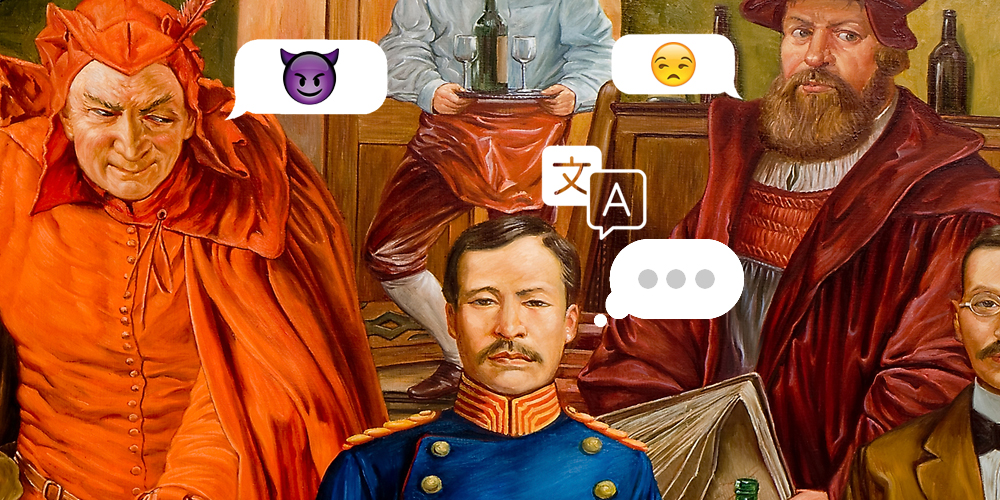
Wallpainting at "Auerbachs Keller" to honor his translational work.
The Japanese "Goethe"?
He was considered an institution for Germany issues. Even if the comparison is quite bold, he is often referred to be the “ Japanese Goethe” as he is responsible for the first translation of both parts of Goethe’s “Faust” (1913) into Japanese. With an outstanding impact: translators in China and Korea resorted to it.
Power work is never over.
At the end of his 60-year life, he left behind a 38-volume oeuvre consisting of (around 130) translations, his own literary works and diaries, medical texts, a long-term column and numerous articles about theater, art, aesthetics, philosophy.
Translated back, the complete edition would be three times as extensive.
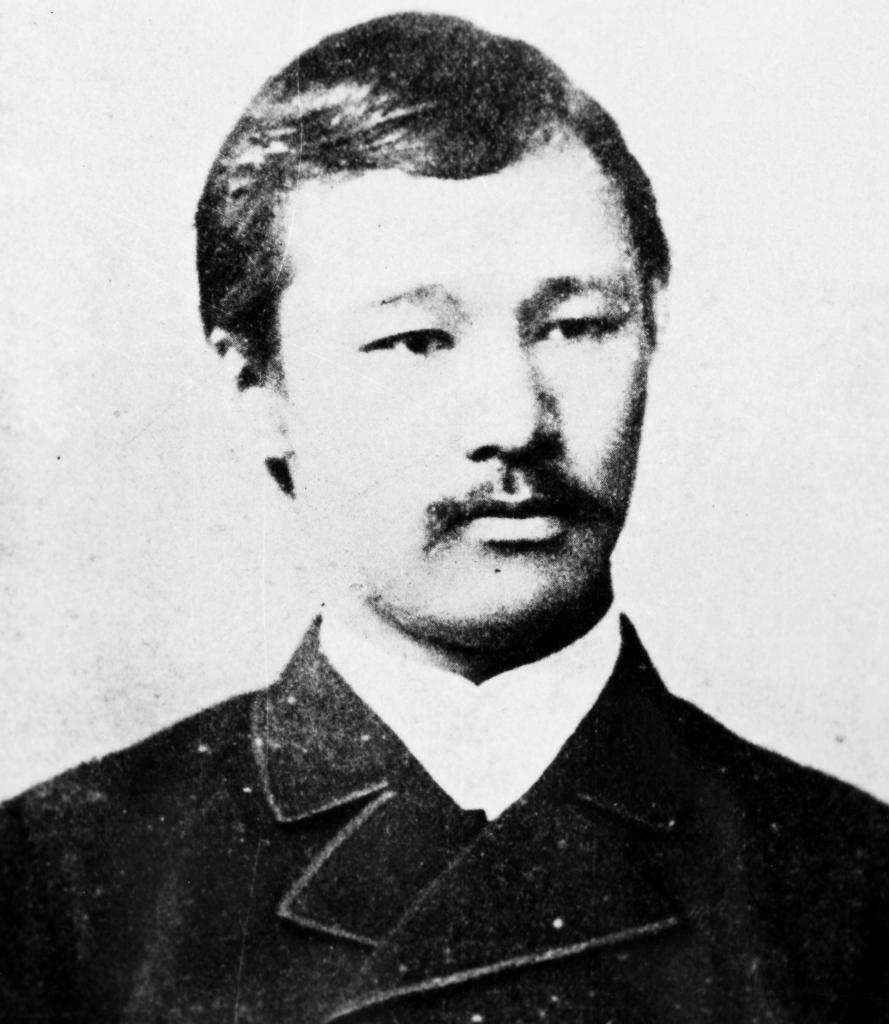
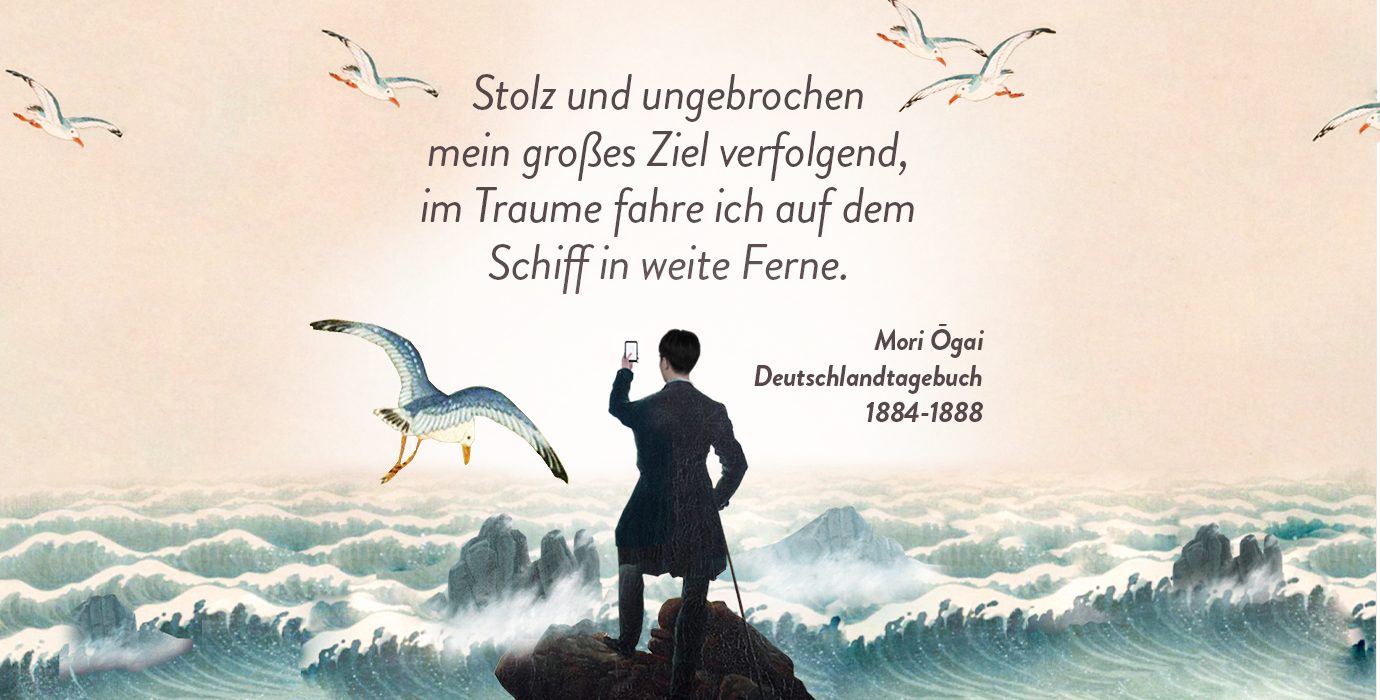
Why Ōgai is so important for today.
Pandemics, populism, nationalism and social shifts were things that shaped and preoccupied Ogai and his contemporaries. Things we all know well lookimg to our current state of the world. Parallels to our present are now returning and defining the tasks of our generation.
Ôgai’s life, his writings and Germany diaries are therefore considered to be invaluable indicators, a compass and a lesson on how to counter the challenges of our time. Curiosity, thirst for action and mutual exchange are the answer to difficult times.
What this project wants to intent: There is an Ôgai in all of us. Therefore, the “I AM RINTARO” campaign should not be seen as a closed cosmos. It grows with the contribution of each individual. Like a ship Ôgai used to reach Europe 1884 we now use to navigate together. Our journey begins in 2021.

160 Years of trust and exchange.
2021 marks a year of change.
Separation never came more unexpected than 2020. However the desire of encountering each other grew even stronger through these tough times. Connecting is our credo.
With I AM RINTARO we found a novelty in cultural work, forming a foundation for Mori Ōgai’s creative legacy and defining new ways of digital communication. This project is the key for a contemporary Anniversary celebration of Japanese-German Friendship 2021.
Join “Rintaro” on his digital journey on Instagram and stay tuned for more updates about him on this blog. Looking forward to see you!
This post is also available in: Deutsch (German)


